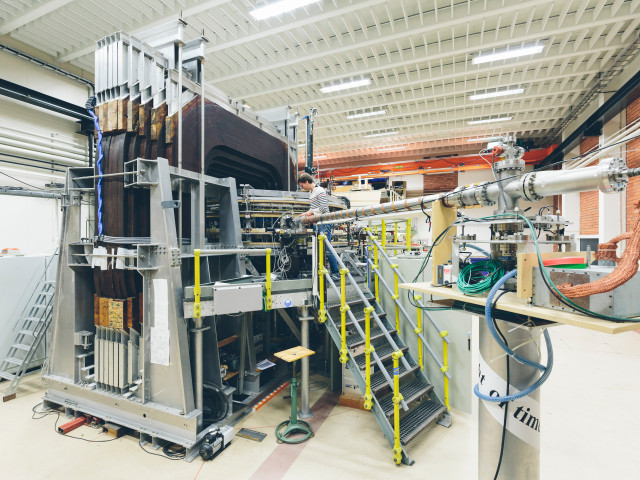Crystalline solids consist of a very large number of interacting entities and their physical properties, and these can be atoms, ions, electrons, spin etc. Studying this is essential to understand the properties of solids and thereby select anddesign materials for specific applications.The specific topics that will be covered are:
- crystal structure, reciprocal lattice
- diffraction of waves by crystals
- crystal binding
- phonons -crystal vibrations, phonons -thermal properties
- free electron model of metals, energy bands, semiconductors and Fermi-surfaces
The course will emphasize the k-space formalism and its application to understand diffraction of waves (e.g., X-rays, electrons) by crystals, the properties of phonons (cf. lattice vibrations),electronic band-structure and in the broader context of waves (e.g., electromagnetic waves and sound waves) in periodic media
